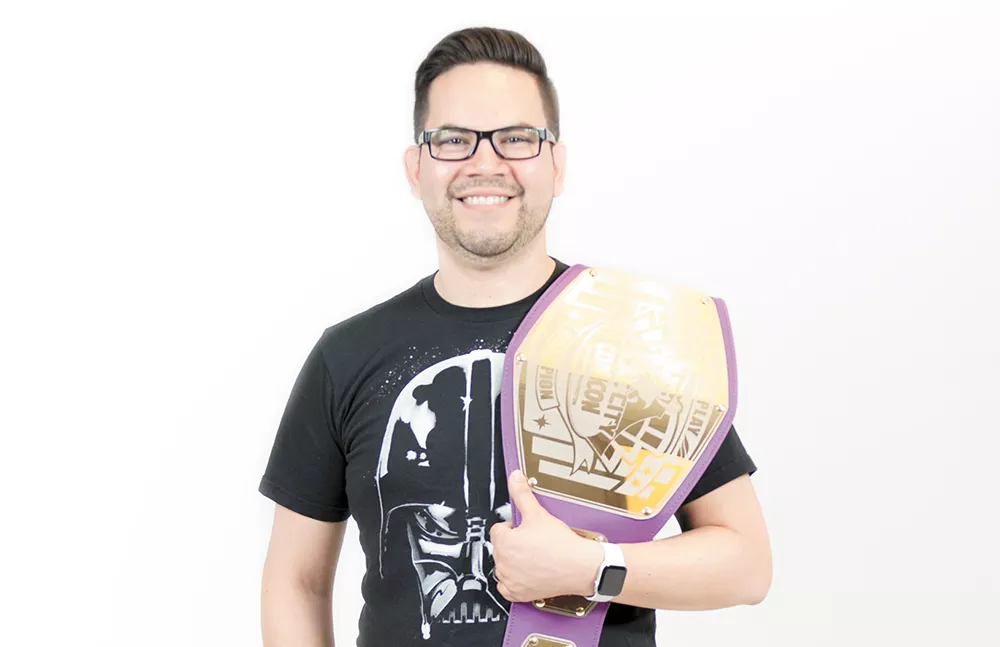Nathan O'Brien is somewhat of a superhero in his own right. No, he doesn't have any cool powers or a bitchin' super suit (at least none that we're aware of), but he does have the ability to grow a comic convention in Spokane each year.
Now totalling 65,000 square feet of the Convention Center and 250 exhibitors (up from 200 in 2018), Lilac City Comicon promises to be bigger than ever in 2019. Outside of his day job as Gonzaga's dining manager, O'Brien works yearround, wrangling the celebrities and icons from the multiverse of fandoms that have become omnipresent in modern pop culture.
This year's lineup includes actor Chris Kattan (A Night at the Roxbury, Undercover Brother), WWE's Jim "Hacksaw" Dugan and comic artist Ben Templesmith, just to name a few.
We caught up with him before the weekend-long event (June 1-2) to talk about the comicon, how it's grown and the state of comics in 2019.
The responses have been edited for length and clarity.
INLANDER: You have more exhibitors in 2019 than ever. Who do you think is your favorite?
O'BRIEN: That's a tough call. It's like asking who's your favorite child. One thing that blows me away is the amount of cosplay.
What's been your favorite cosplay you've seen?
Somebody came one year as the alien queen from Alien. It looked like it was made out of cardboard; you could see it from a mile away. Then, it's the unique ones. Last year, there were four or five characters who mashed up horror characters with fast food restaurants. So there was a Ronald McDonald from It.
Ben Templesmith seems like a big get for comic book fans.
Ben Templesmith [his titles include 30 Days of Night and Fell] has been on my wishlist for years.
One of the great things for this show is that there's so much pop culture. We're trying to branch out a little more, beyond comic books and actors, beyond and into pop culture.
I feel that pop culture is becoming more normal and common among everyday people. Things are really accessible. Comic books themselves may not be as strong as they once were. But you're still going to have the people who seek that out.
A personal pressure is trying to find a balance of variety of guests. Occasionally we've had a couple YouTubers come in. Just a lot of people to appear to different demographics. Being a smaller show, I can only get so many people here that fit our budget.
Spokane didn't have a regular convention until you started one. What made you start?
I really thought that was a crime.
I just started doing a lot of research on showrunners and artists and I said, "I'm gonna do a show. I don't know what I'm doing, but I know it's the right thing." The first year was a huge learning curve. I sat down and made a huge list of things I knew I could do better. I still sit down every year and come up with these lists.
With movie franchises like the Avengers, superheroes are more mainstream than ever today. How does that affect comic books and conventions?
San Diego Comicon, similar to mine, started off very small. Now, it's all about Hollywood and marketing. The comics are kind of pushed to the back corner.
Maybe you want to see Ryan Reynolds [in Detective Pikachu]. That's fine and there's nothing wrong with that. But at the same time, my focus has always been to keep the show grounded in its roots. Our focus is supporting local artists. Yeah, we're gonna have celebrities come to the show, but we're not going to let that take away from the show. ♦


